Commercial Space Program Certificate (CSPC)™
Learn about CSPC program
- Length: 5 days
- Instructor led
- Online, onsite and Live online
Commercial Space Program Certificate (CSPC)™
The Commercial Space Program Certificate (CSPC)™ Certification, offered by Tonex in collaboration with IS4, is a comprehensive program designed to equip participants with the essential knowledge and skills required to excel in the dynamic field of commercial space operations. This certification is a testament to your proficiency in key areas of commercial space program management.
This comprehensive course offers a deep dive into the intricacies of commercial space operations, covering key areas such as regulatory compliance, risk management, financial planning, and emerging technologies. Participants will gain valuable insights into the historical evolution of the industry, the regulatory landscape governing space activities, and the latest trends shaping the future.
The CSPC™ program is tailored for individuals aspiring to excel in roles such as project managers, engineers, regulatory affairs specialists, and executives within the dynamic field of commercial space. By the end of this certification, participants will be equipped with the knowledge and skills necessary to navigate the complexities of commercial space projects, positioning themselves as proficient leaders in this rapidly evolving sector. Elevate your career in aerospace with the Commercial Space Program Certificate (CSPC)™.
Learning Objectives:
- Understand the fundamentals of commercial space program development.
- Gain insights into regulatory frameworks governing commercial space activities.
- Acquire proficiency in risk management specific to commercial space ventures.
- Develop skills in financial planning and budgeting for commercial space projects.
- Master the art of effective communication and collaboration within a commercial space team.
- Explore emerging trends and technologies shaping the future of the commercial space industry.
Audience: This certification is ideal for professionals and aspiring leaders in the aerospace industry, including project managers, engineers, regulatory affairs specialists, and executives seeking to enhance their expertise in commercial space program management.
Course Outline:
Module 1: Introduction to Commercial Space Programs
- Historical Evolution
- Key Industry Players
- Market Trends
- Business Models
- Global Space Exploration Initiatives
- Regulatory Evolution
Module 2: Regulatory Landscape for Commercial Space Operations
- International Regulations
- National Regulatory Agencies
- Licensing Procedures
- Compliance Standards
- Liability and Insurance Requirements
- Space Traffic Management
Module 3: Risk Management in Commercial Space Ventures
- Risk Identification
- Risk Assessment Models
- Mitigation Strategies
- Crisis Management
- Lessons from Past Failures
- Best Practices in Risk Mitigation
Module 4: Financial Planning for Commercial Space Projects
- Budgeting Fundamentals
- Cost Estimation Techniques
- Funding Sources
- Financial Risk Analysis
- Return on Investment (ROI) Metrics
- Financial Modeling for Space Missions
Module 5: Communication and Collaboration in Commercial Space Teams
- Team Dynamics in Space Projects
- Effective Communication Channels
- Collaborative Technologies
- Cross-Functional Collaboration
- Crisis Communication
- Project Documentation and Reporting
Module 6: Emerging Trends and Technologies in Commercial Space
- Advanced Propulsion Systems
- Small Satellite Technologies
- Space Tourism Developments
- Sustainable Space Practices
- Artificial Intelligence in Space Operations
- Exploration Beyond Earth’s Orbit
Preparation for CSPC™ Certification:
- Introduction to CSPC™ Certification
- Eligibility Criteria for CSPC™ Certification
- CSPC™ Certification Application Process
- CSPC™ Exam Structure and Content
- Preparation Strategies for CSPC™ Certification
- Tips for Success in CSPC™ Certification
Exam Domains:
Spacecraft Systems: Covers the fundamentals of spacecraft design, propulsion systems, life support systems, and subsystem integration.
Regulatory Compliance: Focuses on understanding international and national regulations governing commercial space activities, including safety protocols, licensing procedures, and environmental considerations.
Mission Planning and Management: Addresses the process of mission conceptualization, planning, execution, and post-mission evaluation. Topics include mission timelines, risk management, and project management principles specific to space missions.
Space Operations: Encompasses the operational aspects of space missions, including launch procedures, on-orbit operations, rendezvous and docking maneuvers, and satellite deployment.
Commercial Space Industry Overview: Provides an overview of the commercial space industry landscape, including key players, market trends, business models, and emerging technologies.
Question Types:
Multiple Choice: Traditional multiple-choice questions assessing factual knowledge and understanding of key concepts.
Scenario-based Questions: Presents hypothetical scenarios related to commercial space operations, requiring candidates to analyze and apply their knowledge to solve problems or make decisions.
Case Studies: In-depth analysis of real-world case studies relevant to commercial space missions, evaluating candidates’ ability to identify challenges, propose solutions, and make informed decisions.
Simulation Exercises: Interactive simulations or virtual scenarios where candidates must navigate through various space mission scenarios, demonstrating their understanding of operational procedures and decision-making skills.
Short Answer/ Essay Questions: Requires candidates to provide detailed responses to open-ended questions, demonstrating critical thinking, analysis, and communication skills.
Passing Criteria:
To earn the Commercial Space Program Certificate (CSPC)™, candidates must:
- Achieve a minimum score of 70% in each of the exam domains.
- Score an overall average of 75% across all domains.
- Successfully complete any practical assessments or simulations as part of the examination process.
- Adhere to the code of conduct and ethical standards outlined by the certifying body.
Need help? Contact us
